Descripción
Understanding Magnesium Glycinate
Magnesium glycinate is a compound formed from magnesium and glycine, an amino acid, resulting in a highly bioavailable form of magnesium. Magnesium plays a crucial role in numerous biological processes, including muscle function, nerve signaling, and the regulation of various physiological functions. By binding to glycine, magnesium glycinate enhances its absorption and overall effectiveness in promoting health. This unique composition sets it apart from other forms of magnesium supplementation, such as magnesium oxide, which may not be as well absorbed or tolerated by the body.
One of the primary benefits of magnesium glycinate is its superior absorption in the gastrointestinal tract. Many individuals experience gastrointestinal discomfort when taking other types of magnesium supplements. Magnesium glycinate, due to its amino acid binding, is gentler on the stomach and is less likely to cause laxative effects that are often associated with other forms of magnesium, such as citrate or sulfate. This makes magnesium glycinate particularly suitable for those who may be sensitive to other magnesium formulations, allowing them to experience the benefits of magnesium without adverse effects.
Moreover, magnesium glycinate is often recommended for individuals seeking to increase their magnesium levels effectively. Low magnesium levels can lead to various health issues, including muscle cramps, fatigue, and even anxiety. By using magnesium glycinate, patients can support their daily magnesium intake without the common barriers associated with other forms. As supplementation continues to gain traction in the health community, magnesium glycinate stands out as an optimal choice for achieving adequate magnesium levels while maintaining digestive comfort.
Health Benefits of Magnesium Glycinate
Magnesium glycinate is a dietary supplement that combines magnesium with glycine, an amino acid, making it one of the most bioavailable forms of magnesium available. This unique combination enhances the absorption of magnesium in the body, leading to various health benefits that have gained significant attention in scientific circles.
One of the most well-known advantages of magnesium glycinate is its potential to alleviate anxiety. Numerous studies indicate that adequate magnesium levels can help regulate neurotransmitters, which play a crucial role in mood and stress management. For instance, a research conducted in 2017 revealed that magnesium supplementation significantly reduced anxiety symptoms in individuals experiencing moderate to severe anxiety. This suggests that individuals struggling with anxiety may benefit from regular magnesium glycinate intake.
In addition to its calming effects, magnesium glycinate is also recognized for its ability to improve sleep quality. Magnesium is known to regulate the sleep hormone melatonin and contribute to the maintenance of a healthy sleep cycle. A study published in the Journal of Research in Medical Sciences found that participants who supplemented with magnesium reported better sleep quality and an increase in sleep duration, underscoring its importance for people who experience insomnia or poor sleep.
Moreover, magnesium glycinate plays a vital role in supporting muscle function. This elemental mineral is essential for muscle contraction and relaxation, thus reducing the risk of cramps and spasms during physical activity. A review published in the Journal of Sports Sciences highlighted that magnesium supplementation can enhance athletic performance and recovery, emphasizing the importance of maintaining adequate magnesium levels for both recreational and professional athletes.
Last but not least, magnesium glycinate contributes significantly to heart health. Magnesium assists in regulating blood pressure, maintaining a steady heartbeat, and reducing inflammation. Studies have shown that individuals with higher magnesium intake have a lower risk of cardiovascular diseases, making it an important nutrient for maintaining overall heart health.
Magnesium Glycinate vs. Other Magnesium Forms
When considering magnesium supplements, it’s essential to evaluate various forms, including magnesium glycinate, citrate, oxide, and chloride. Each form has unique characteristics that influence its bioavailability, side effects, and effectiveness, thereby impacting their suitability for individual needs.
Magnesium glycinate, a chelated form of magnesium, is renowned for its high bioavailability. This means it is more easily absorbed by the body, leading to efficient utilization of this vital mineral. In contrast, magnesium citrate, another popular supplement, is also well-absorbed but may cause gastrointestinal discomfort in some individuals due to its laxative effect. Therefore, those sensitive to digestive issues might prefer magnesium glycinate.
On the other hand, magnesium oxide, a commonly found form, has a low bioavailability and is often less effective in raising magnesium levels in the body. While it contains a higher concentration of magnesium, the body’s ability to absorb it efficiently is limited. As a result, many who opt for magnesium oxide may not achieve the desired health benefits. Furthermore, magnesium oxide can also induce digestive issues, detracting from its appeal as a supplement.
Magnesium chloride is another option that offers good absorption, but it can also lead to abdominal cramping and diarrhea in some users. For those looking for an effective magnesium supplement without gastrointestinal side effects, magnesium glycinate is often the recommended choice.
In summary, while each form has its pros and cons, magnesium glycinate stands out for its superior bioavailability and minimal side effects. Understanding these differences can aid individuals in selecting the magnesium supplement that best meets their health requirements.
Recommended Dosages and Usage
Determining the appropriate dosage of magnesium glycinate is essential for maximizing its benefits while minimizing potential risks. Magnesium glycinate is generally well-tolerated and offers a higher absorption rate compared to other forms of magnesium supplements. For adults, the recommended daily allowance (RDA) for magnesium generally ranges from 310 to 420 mg, depending on age and gender. When using magnesium glycinate, a typical dosage is between 200 to 400 mg per day, divided into two or three doses for optimal absorption.
For children, magnesium supplementation should be approached more cautiously. The RDA for magnesium varies by age group, with recommendations typically ranging from 80 mg for younger children to 240 mg for teenagers. Parent or guardians should consult healthcare professionals before administering any supplements, including magnesium glycinate, ensuring the dosage aligns with individual health needs and lifestyle factors.
Individuals with specific health conditions such as anxiety, insomnia, or muscle cramps may benefit from dosage adjustments. Those suffering from chronic conditions or taking medication must consult their healthcare provider for personalized guidance, as magnesium may interact with certain medications, including diuretics and antibiotics.
Incorporating magnesium glycinate into your daily routine can be straightforward. It is advisable to take it with meals to enhance absorption and reduce the likelihood of gastrointestinal discomfort. Magnesium glycinate can be found in various forms, including capsules, powders, and tablets. Additionally, using a tracking habit, such as a daily log or an app, can help individuals monitor their intake and assess how their body responds, which will provide valuable insights for future adjustments. Adopting these guidelines can assist users in achieving optimal benefits while ensuring safe usage.
Potential Side Effects and Precautions
Magnesium glycinate is generally well-tolerated and considered safe for most individuals when taken at recommended doses. However, like any supplement, it can pose potential side effects, particularly when consumed excessively. Common side effects include gastrointestinal issues such as diarrhea, nausea, and stomach cramping. These symptoms are often linked to magnesium’s laxative effect and may be mitigated by reducing the dosage or taking the supplement with food.
It is essential for individuals with specific health conditions to exercise caution when considering magnesium glycinate supplementation. For instance, those with renal impairment should consult a healthcare professional prior to commencing supplementation, as impaired kidney function can lead to retained magnesium in the body, potentially causing hypermagnesemia. This condition can result in severe effects such as muscle weakness, low blood pressure, or irregular heartbeat.
Furthermore, individuals taking certain medications should be aware of potential interactions with magnesium glycinate. For example, diuretics, proton pump inhibitors, and certain antibiotics can interact with magnesium supplementation, either diminishing its effectiveness or increasing the risk of side effects. Therefore, it is advisable to review one’s current medication regimen with a healthcare provider to determine if magnesium glycinate is appropriate for their circumstances.
Pregnant or breastfeeding individuals should also seek medical advice before initiating magnesium glycinate supplementation to ensure safety for both the mother and child. Additionally, while magnesium deficiency is relatively common, self-diagnosing can lead to unnecessary supplementation. Comprehensive testing and professional guidance are recommended to determine individual magnesium needs accurately.
In conclusion, while magnesium glycinate offers numerous benefits, it is critical to consider potential side effects and take appropriate precautions. Consulting a healthcare professional before starting supplementation can ensure safe usage and help individuals make informed decisions tailored to their health needs.


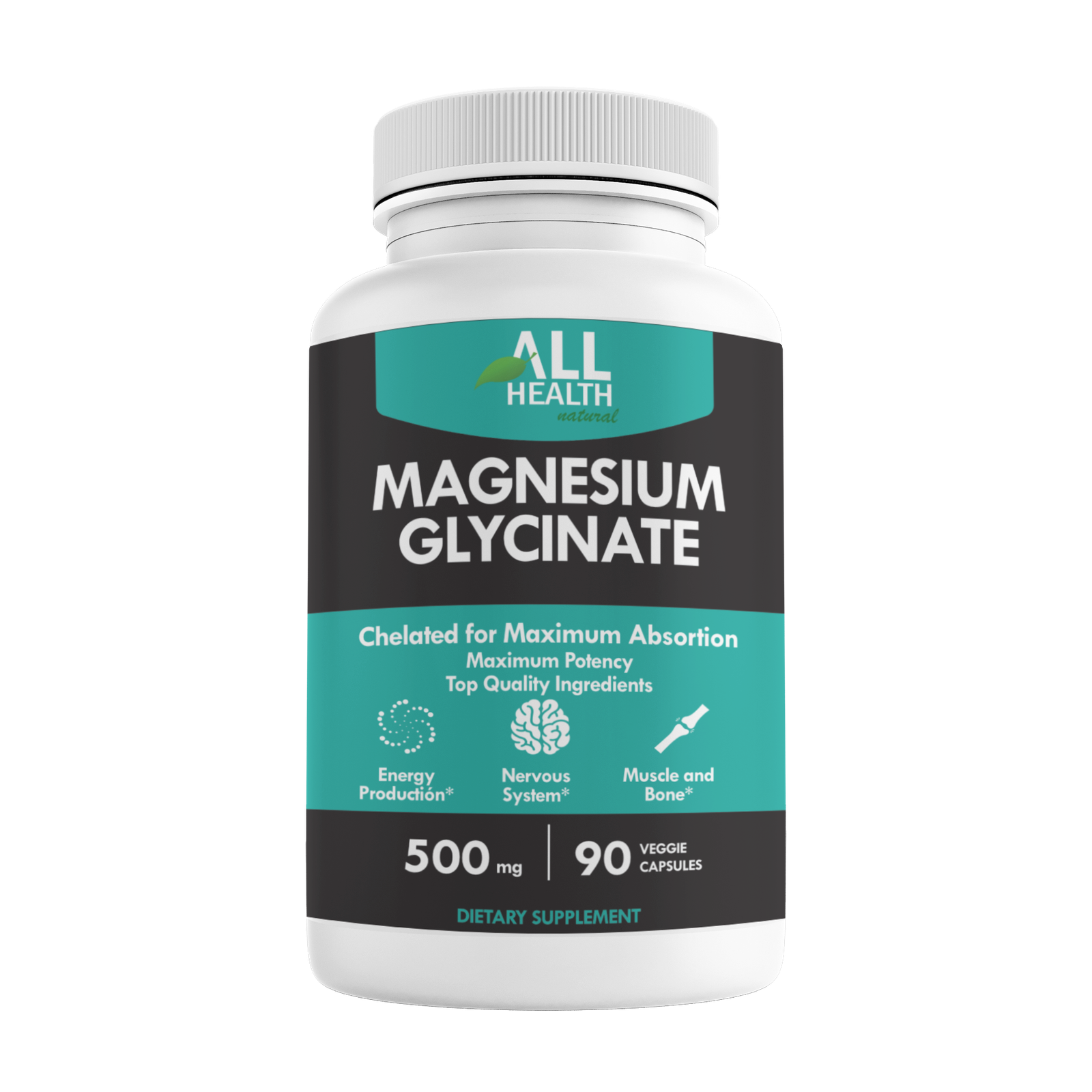
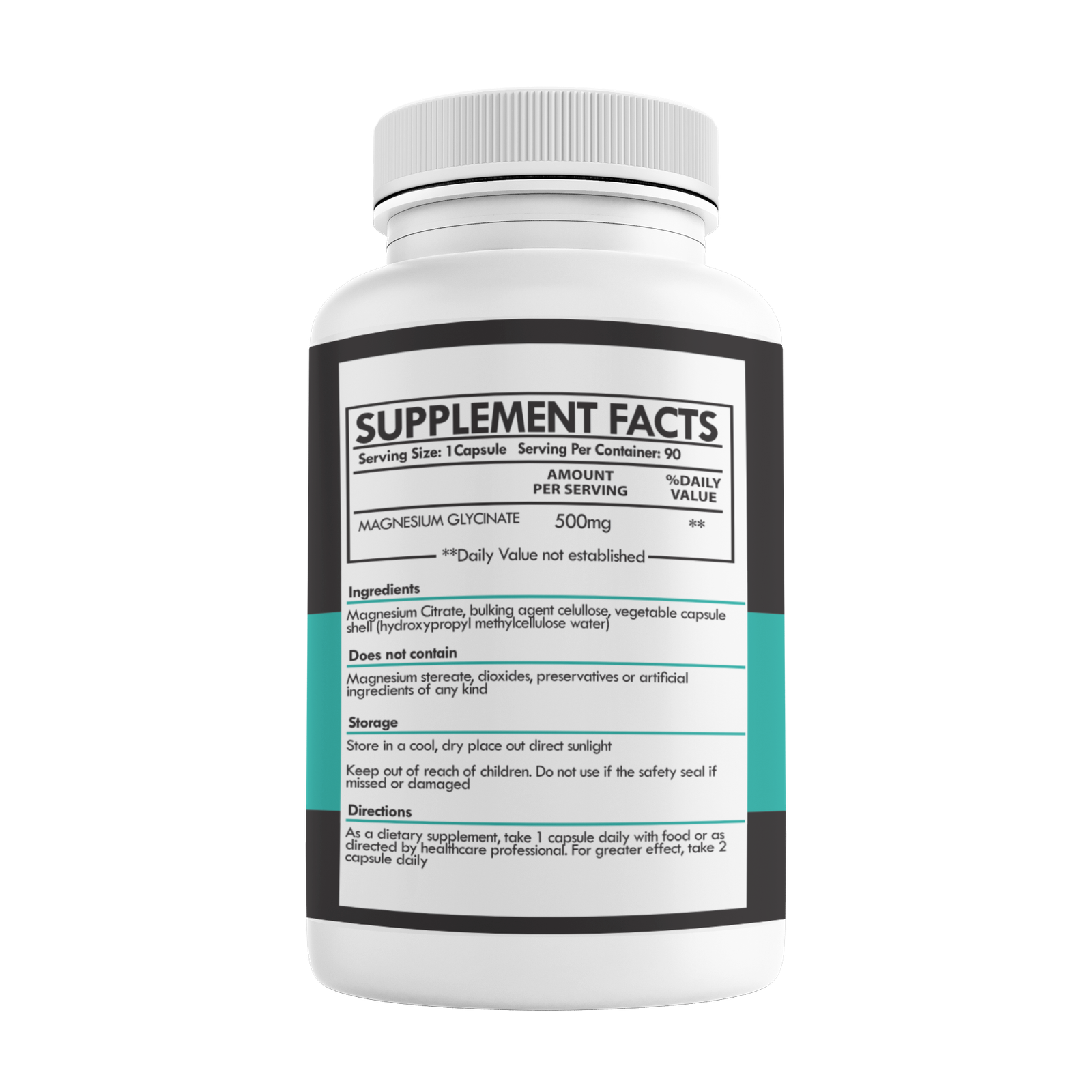
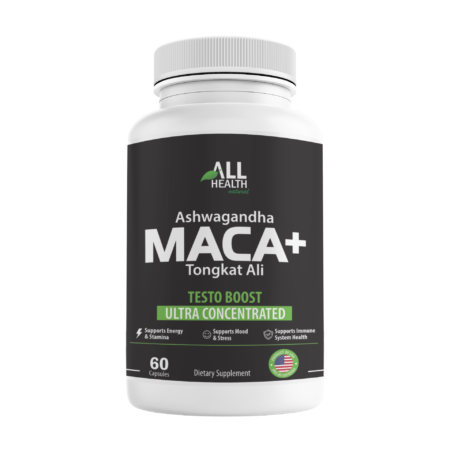
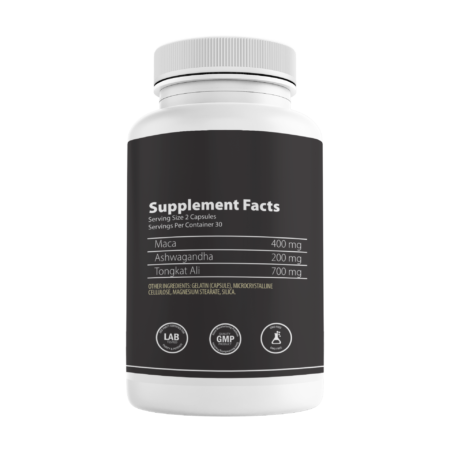
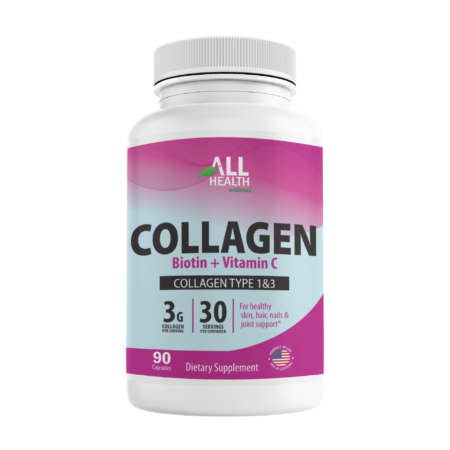
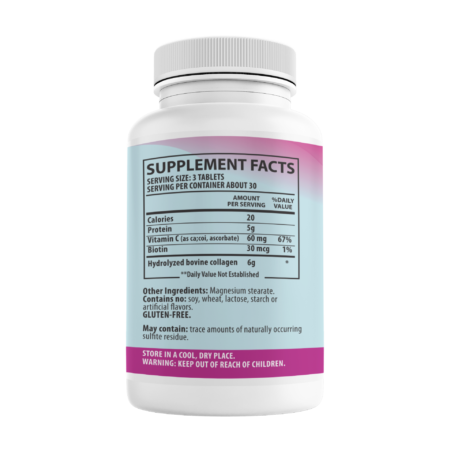

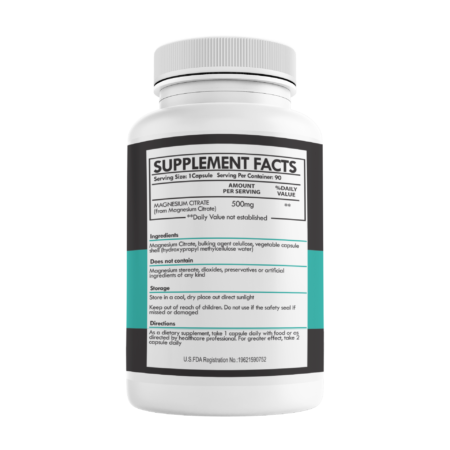



Valoraciones
No hay valoraciones aún.